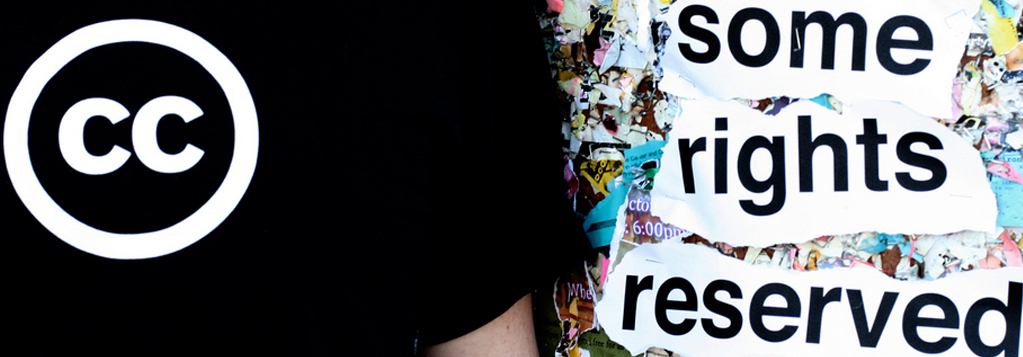Plagiarism and Authorship: A Review and Retrospective of the CCCC Intellectual Property Annual
Clancy Ratliff

For the last twelve years, I have been the editor of the CCCC-IP Annual, and it feels strange and exciting for me to write a review of a publication I have led for so long. I took a yearly IP report founded by John Logie and have consistently worked to bring what may seem like dry, inconsequential details of case law, university IP policy, and plagiarism cases to life for the field of rhetoric and composition studies. I have tracked news stories about copyright, authorship, and intellectual property and crafted generative CFPs each year. I have made open invitations to anyone in the field to contribute to the Annual, not only those whose primary research interests are in IP, and several have accepted. Over the last several years, colleagues have suggested that I build on the work of the Annual in some way, do some form of synthesis, and this review is my response to that encouragement.
A review is an established genre with a purpose: to help people figure out whether or not a book or other artifact is something they want to read, watch, or otherwise experience. Academic reviews have the added purpose of situating a text in a scholarly conversation and contextualizing its contribution to the knowledge in composition studies. What I offer here is to some extent a review specifically of the articles about plagiarism in the Annual, but it is also similar to a retrospective, a genre closely associated with the journal Composition Forum.
In retrospect, then, let me briefly describe the beginning of the CCCC-IP Annual. In early 2006, I was a graduate student at the University of Minnesota, and Logie was one of my professors. He emailed some of us in the rhetoric PhD program who were interested in authorship and copyright issues encouraging us to write short pieces about major stories, court cases, or policy developments related to intellectual property, “one step up from a blog post,” he said, for a CCCC report, “Major Intellectual Property Developments of 2005 for Scholars of Composition and Communication.” He also suggested some possible topics, and the genre that emerged has been a piece of writing ranging from about 1000-6000 words, describing the case and then commenting on its implications for the field of rhetoric and composition. I did not write a piece the first year, but I contributed one for the second IP Annual (the 2006 issue). Logie wrote in the first IP Annual:
The first of the enumerated goals in the Intellectual Property Committee of CCCC’s mission statement reads as follows: “keep the CCCC and NCTE memberships informed about intellectual property developments, through reports in the CCCC newsletter and in other NCTE and CCCC forums.” To this end, the Intellectual Property Committee is, with this publication, inaugurating an annual report on major developments in intellectual property law, policy, and research.
"Intellectual property law, policy, and research" is a wide tent of subject matter, and authors have focused on a range of topics such as open access publication, copyright infringement litigation, trade agreements, instructors' ownership of course materials (particularly within online courses), plagiarism detection services (notably Turnitin), environmental/animal issues, and reviews of longer publications from advocacy groups like the Electronic Frontier Foundation.
This is not a review in the traditional sense of reviewing an entire work of scholarship. I'm not going to review all the articles in all thirteen volumes of the IP Annual. Instead, I want to center on the interesting work that the IP Annual authors have done about plagiarism; taken together, the articles about plagiarism constitute an insightful contribution to the field of rhetoric and composition. Plagiarism is, of course, a long-standing research emphasis in composition pedagogy, with decades of scholarship demonstrating the theories and practices of understanding, accounting for, and anticipating plagiarism in writing courses. The IP Annual has published thirteen articles over the years devoted to plagiarism. Some have examined classroom contexts, and others have analyzed high-profile public plagiarism cases. These were almost always in public discourse outside the context of the classroom, dealing with a variety of writing and speaking contexts and genres not captured in writing courses. These cases, when examined as a group, make it clearer than ever that discovering and exposing plagiarism is deeply fraught and does not arise out of a pure motive of defending academic integrity. Far more often, discovering and exposing plagiarism involves notions of expediency, profiteering, corruption, hypocrisy, uncertainty, sabotage, power, and privilege.
